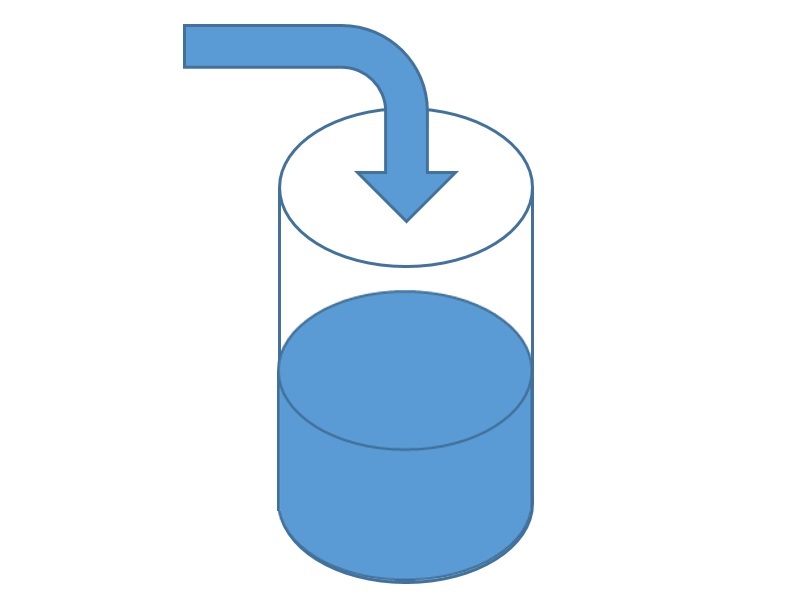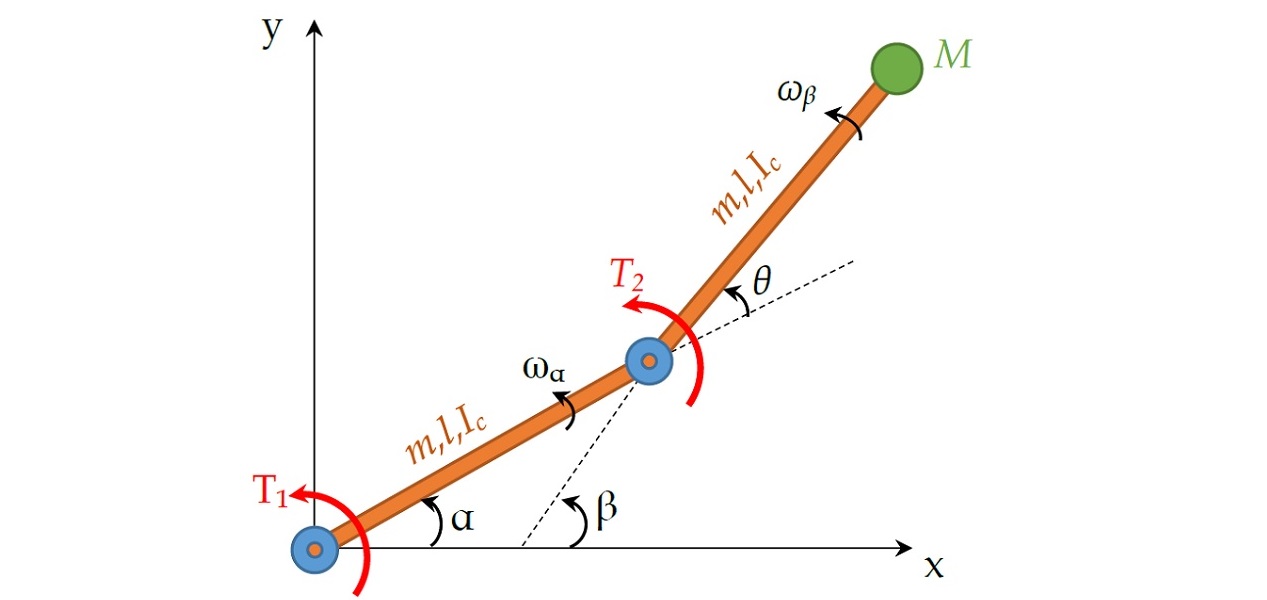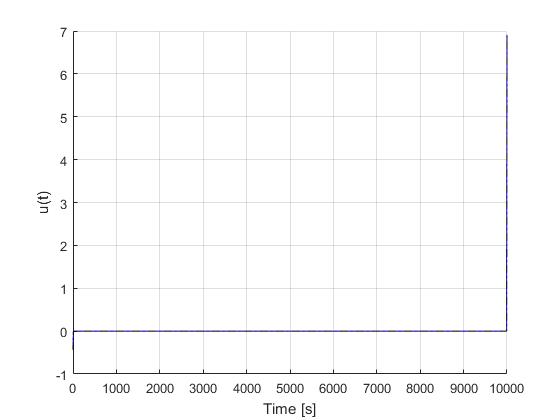Installation Guide
Let us help you setup ICLOCS2 and get it working in no time.
Prerequisite
For proper functioning of ICLOCS2, you will need to have Mathworks MATLAB version 2017a or later installed.
Configure the NLP Solver
ICLOCS2 will transcrible the optimal control problems into nonlinear programming (NLP) problems. Current version of ICLOCS2 supports the use of IPOPT, fmincon and WORHP for solving the NLP problems.
IPOPT
Interior point based solver IPOPT is the prefered solver for ICLOCS2, and can be obtained freely from Github toghether with the MATLAB interface.
Windows users are recommened to install OPTI Toolbox which will have IPOPT included.
Another option is to refer to this installation guide from ETH to compile the latest version of IPOPT, however note that the document may become outdated and modifications in the steps may be needed.
Also, there are pre-compiled (despite earlier version) IPOPT mex files availble for MATLAB.
Licenced users are recommeded to obtain the HSL library for use of the MA57 linear solver.
WORHP
WORHP, also referred to as eNLP (European NLP solver) by ESA, is a sequential quadratic programming (SQP) based NLP solver. This proprietary software is available from their website and academic users may be able to obtain a free license. The matlab directory containing the MATLAB interface need to be added to MATLAB's path directory (can easily acess throuth the Set Path botton). Note that many (latest) versions of WORHP no longer include the MATLAB interface and is not supported.
fmincon
ICLOCS2 also support the use the builtin fmincon function from MATLAB. However this is not recommonded because the solution speed can be significantly slower with a higher chance of failure. Therefore, we would recommend to use fmincon only for sanity checks. To enable the use of fmincon in ICLOCS2, please adapt the following settings
options.NLPsolver='fmincon';and add the configurations accrodingly. For example,
options.fmincon.optimoptions = optimoptions('fmincon','Display','iter','SpecifyObjectiveGradient',true,'SpecifyConstraintGradient',true,'MaxIterations',5000);
options.fmincon.hessian_approximation='exact';Install ICLOCS2
Unzip the ICLOCS2 source files into the desired folder, and add the included src folder and its all subfolders to MATLAB's path directory (can easily acess throuth the Set Path botton).
Optional Toolboxes
Here are some of the additional toolboxes that may be used together with ICLOCS2 (not mandatory).
SUNDIALS (for version 2.0 only)
SUNDIALS is a SUite of Nonlinear and DIfferential/ALgebraic equation Solvers. ICLOCS2 utilizes the sensitivity solver CVODES in the direct multiple shooting formulation. The lastest releases of SUNDIALS does not contain the MATLAB interface anymore, thus it is recommended to download version 2.6.2 from their website and add folder sundialsTB to the MATLAB's path directory (can easily acess throuth the Set Path botton).
Adigator
Adigator is a toolbox in MATLAB that uses forward mode automatic differentiation to compute the numeric derivatives of user functions. Despite being computationally more expensive than fintie differences, the accuracy will be exact up to machine precision.
Version 2.0: For use of Adigator with ICLOCS2 version 2, first download and install the toolbax. Then run startupadigator.m in the Adigator directory and select 'adigator' for options.derivatives in the option file for the problem in ICLOCS2. Next is to ensure you supply a standalone dynamic file (e.g. BangBangPlant.m) and is correctly referenced in the problem formulation file with problem.data.plantmodel. Note that you will need to re-run startupadigator.m in the Adigator directory everytime MATLAB has been restarted.
Version 2.5: For use of Adigator with ICLOCS2 version 2.5, first download and install the toolbax. Then run startupadigator.m in the Adigator directory, and select 'adigator' for options.derivatives in the option file for the problem in ICLOCS2. Ensure you also supply the directory of the file startupadigator.m in options.adigatorPath.




